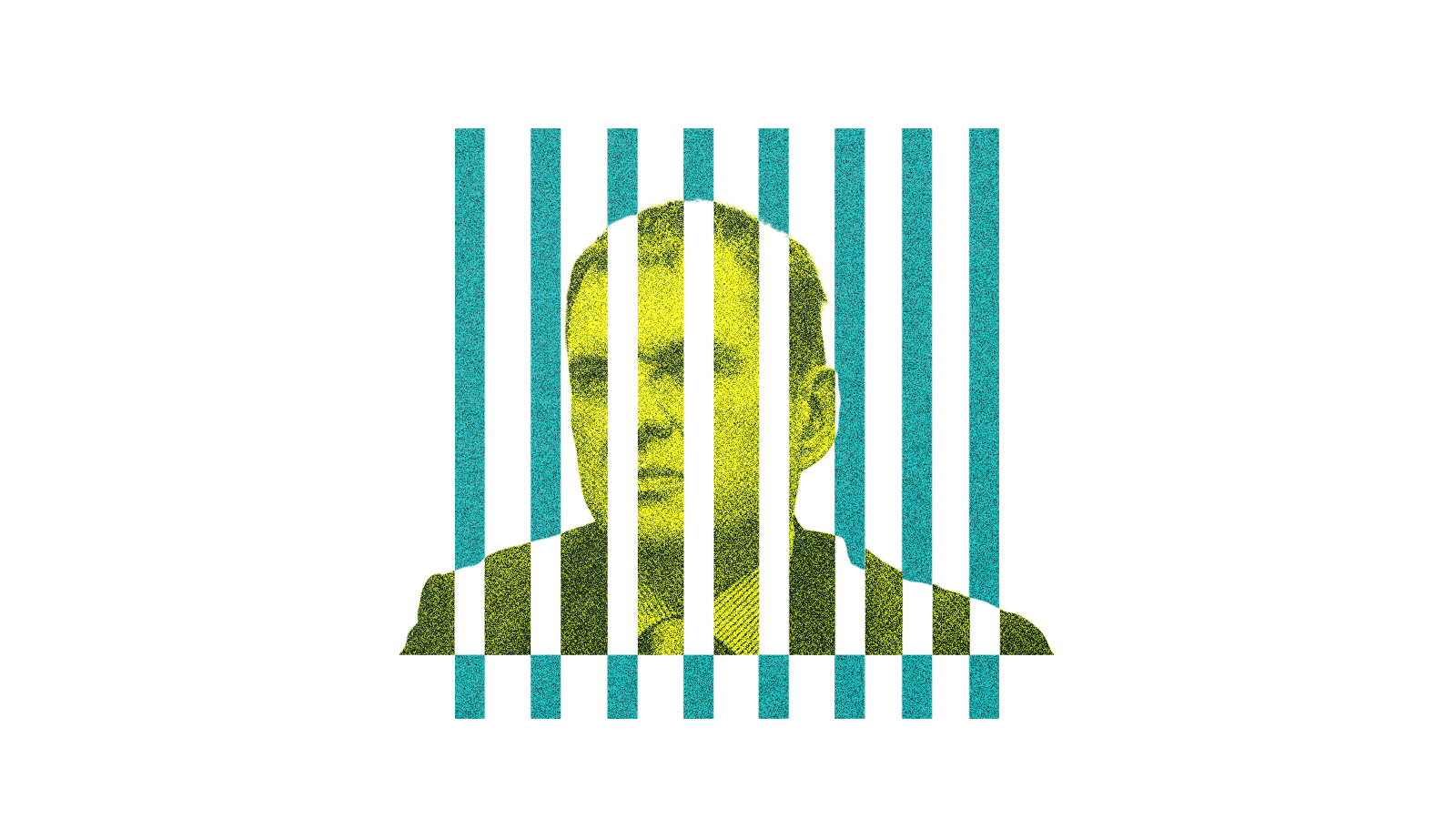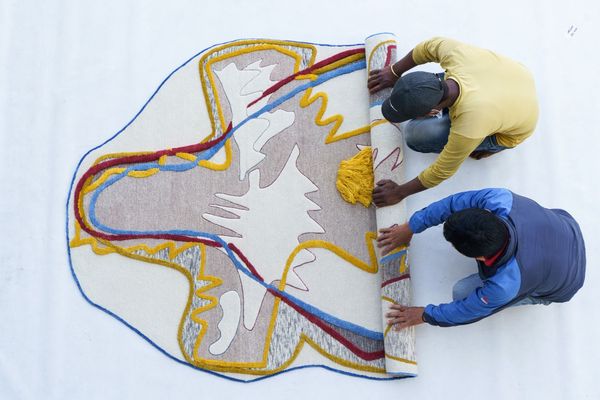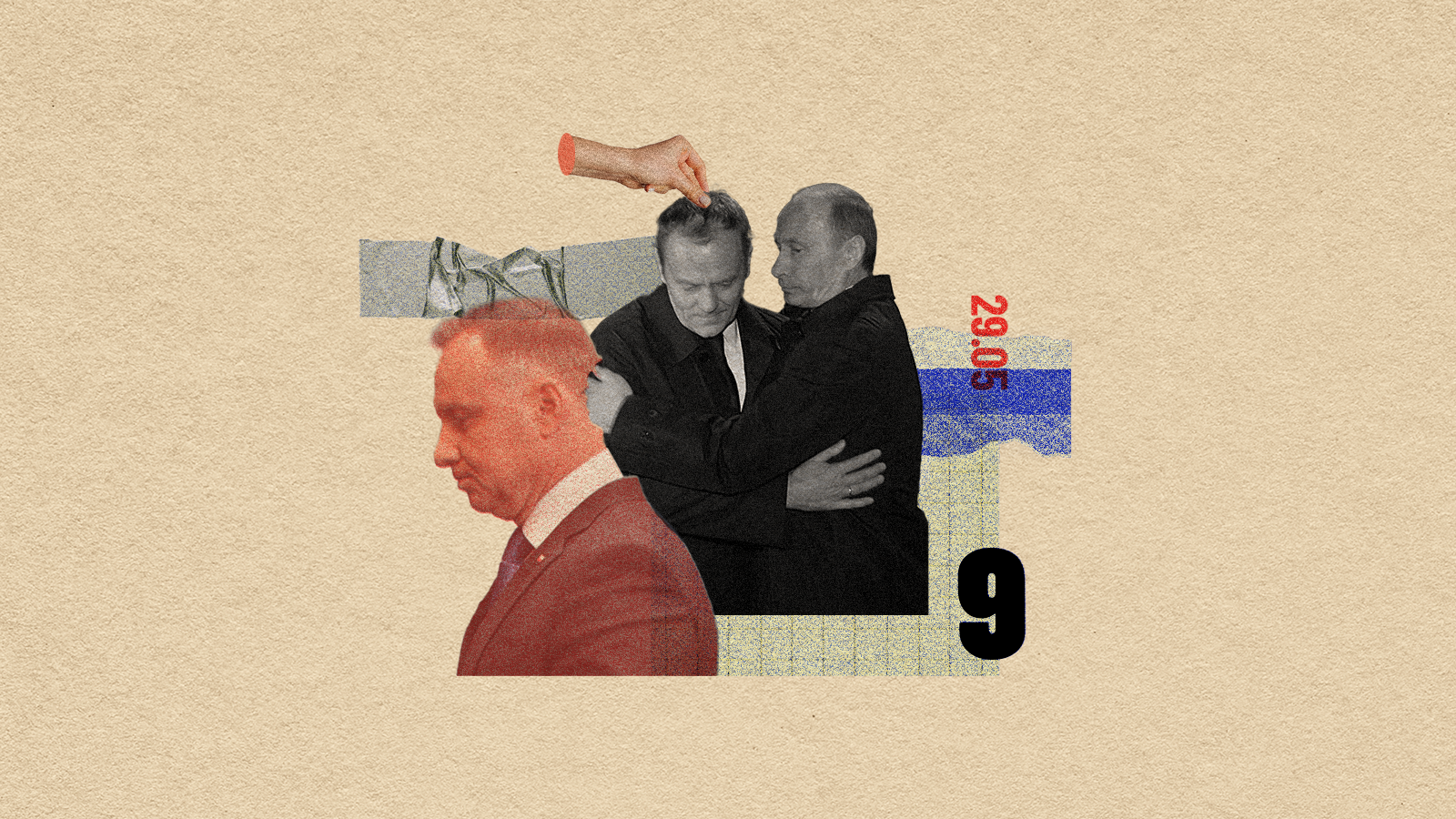Polish President Andrzej Duda has signed and then proposed to amend a law establishing a state commission of inquiry to investigate and uncover Russian influence in Poland between 2007 and 2022. The news of the commission has caused a stir: the Polish opposition says that this plan is only intended to disrupt the upcoming elections and make it impossible for them to run smoothly.
Polish President Andrzej Duda signed the law on Monday (29 May) approving the setting up of a state commission of inquiry to investigate the impact and consequences of Russian influence in the country. Duda said on 29 May that it was „crucial” for him to ensure transparency for the Polish public in „important political and public affairs.” „How have they performed their duties? Did they understand Poland’s interests, and if so, how? And did they do their jobs well in the eyes of the public?” the president asked, referring to officials in important positions during the period in question. According to the law voted on 26 May, the nine members of the commission will be chosen by the Sejm (the lower house of the parliament of Poland): It would have been their task to investigate and analyze how Russia had exerted pressure on Polish affairs and officials during the fifteen-year period. They would also have had the power to overrule decisions taken as a result of Russian influence. They could have imposed administrative penalties on the individuals concerned, suspending their right to hold positions for up to ten years, which involves decisions on public funds or requires a national security clearance. Regarding the last point, Duda said the person in question could defend himself in court against the emerging accusations. Moreover, the President also asked the Constitutional Court for a posteriori review.
Duda, who is close to the ruling Law and Justice (PiS) party, is thus a staunch supporter of investigating Russian influence in the energy and internal security fields. He even argues that similar commissions should be set up across Europe and asked Polish Prime Minister Mateusz Morawiecki to propose at the next European Council meeting that the EU institutions also consider the possibility of similar committees.

On the other hand, the Polish opposition has seen the law from the start as an assassination attempt against them and considers it an unconstitutional move. Poland will have parliamentary elections in the autumn, and the commission’s work can significantly affect the campaigning period and the results. The opposition forecasts that the law and the commission’s investigation will target key opposition politicians, such as Donald Tusk, Chair of the Civic Platform, severely hampering his campaigning with the burdensome procedure or even boycotting his run altogether. According to the original draft, most commission members would be appointed by the ruling party, giving the power to PiS to decide on the targets and the course of the investigations. Polish President Andrzej Duda reacted by saying that he is confident that the commission’s members will be objective, and that honest people have nothing to fear.
The United States shares the concerns about the commission: Washington fears that it could be used by the Polish government for its own purposes, in particular, to sabotage the elections in October, potentially jeopardizing its fairness. US State Department spokesman Matthew Miller said on 29 May, the day of the Polish president’s signature, that Washington was concerned that the Polish government would use the commission to hinder its rivals and urged it to refrain from it. In response, Marcin Przydacz, a foreign policy adviser to the Polish president, said that Washington’s comment proves that the US failed to get properly informed about the commission and its planned operations. He also assured Washington that the new commission would not have the power to ban politicians from running in elections. Moreover, he added that the US embassy in Warsaw had been unable to obtain accurate information about the commission, as it is not true that the commission could prevent anyone from standing in the elections. „Our only intention is to investigate Russia’s influence in Poland, just as they did in France, said Piotr Mueller, a spokesman for the Polish government. Still, the opposition thinks completely otherwise and believes that Donald Tusk, among others, will be in the commission’s crosshairs.
Just a few days after the signature, on Friday, 2 June, Andrzej Duda announced that he would like to amend the law on the commission investigating Russian influence. The amendment would mean that, unlike the original plan, the commission would be composed of experts rather than MPs and that the penalties for the accused would be significantly eased: the commission would just make statements and reports about an official’s past rather than imposing actual punishment. Duda also stressed that the committee’s activities would be public, except in cases involving state secrets.
A huge demonstration was held in Warsaw on 4 June, and the tension caused by the law on the commission is behind it, among other things. Hundreds of thousands of people marched against the ruling party in the Polish capital in the protest called by Donald Tusk, leader of the main opposition party, the Civic Platform. The demonstration was held on the 34th anniversary of the first free Polish elections after the communist era.
Polish-Russian relations have been extremely tense, especially since Russia attacked Ukraine, and the relations between Poland and Belarus have also become strained. How the notorious Lukashenka regime treats the Polish minority in the country plays a huge role in this, with Poland now imposing very severe sanctions on certain Belarusian individuals. Most recently, Poland has sanctioned 365 Belarusians (including the sons of Belarussian President Alexander Lukashenko), and neither Belarusian nor Russian trucks are allowed to enter the country at the Polish-Belarusian border. This is partly in response to the eight-year prison sentence of the leading Polish minority rights activist and journalist Andrzej Poczobut by the Belarusian Supreme Court. The sanctioned persons are banned from entering the Schengen area, and their funds in Poland are also frozen; the list includes MPs, members of the Belarusian media spreading government propaganda, members of the police, athletes, and prosecutors.

Andrzej Poczobut was sentenced to eight years in prison in February this year, and his appeal was recently rejected. The charges against the Polish ethnic minority rights activist and journalist are „incitement to hatred” and „rehabilitation of Nazism.” As a minority rights activist, a columnist for a Polish newspaper, Gazeta Wyborcza, and an active reporter on the situation in Belarus, Poczobut was, in fact, more of a thorn in the side of the Lukashenka regime. Polish Prime Minister, Mateusz Morawiecki, condemned the decision as „an inhumane decision by the Belarusian regime and another example of Poles’ persecution in Belarus.” At the same time, the Polish Foreign Ministry called on Belarus to urgently stop the persecution and repression of the Polish minority and to release political prisoners. Poczobut had already spent more than a year in pre-trial detention before the trial even began, during which he was not allowed to communicate with the outside world. This cruel move is presumably an act of revenge by Belarusian President Lukashenka for Poland’s loyal support of the Belarusian opposition, and the persecution of a person like Andrzej Poczobut is a good tool for showing power. Moreover, the number of Belarusian residents settling in Poland doubled between 2020 and the summer of 2022; the reasons behind this are Lukashenka’s rigged election „victory” and the subsequent unrest and repression of the population. And the integration of the Belarussian newcomers to the Polish labor market may significantly contributed to the strong growth of Polish GDP in the first quarter of 2023. But this topic is for another article.
Graphics: Roland Molnár

Cultural cavalcade woven into rugs | Atelier Kairos

Renowned Danish architecture firm to design new stadium complex in Albania










